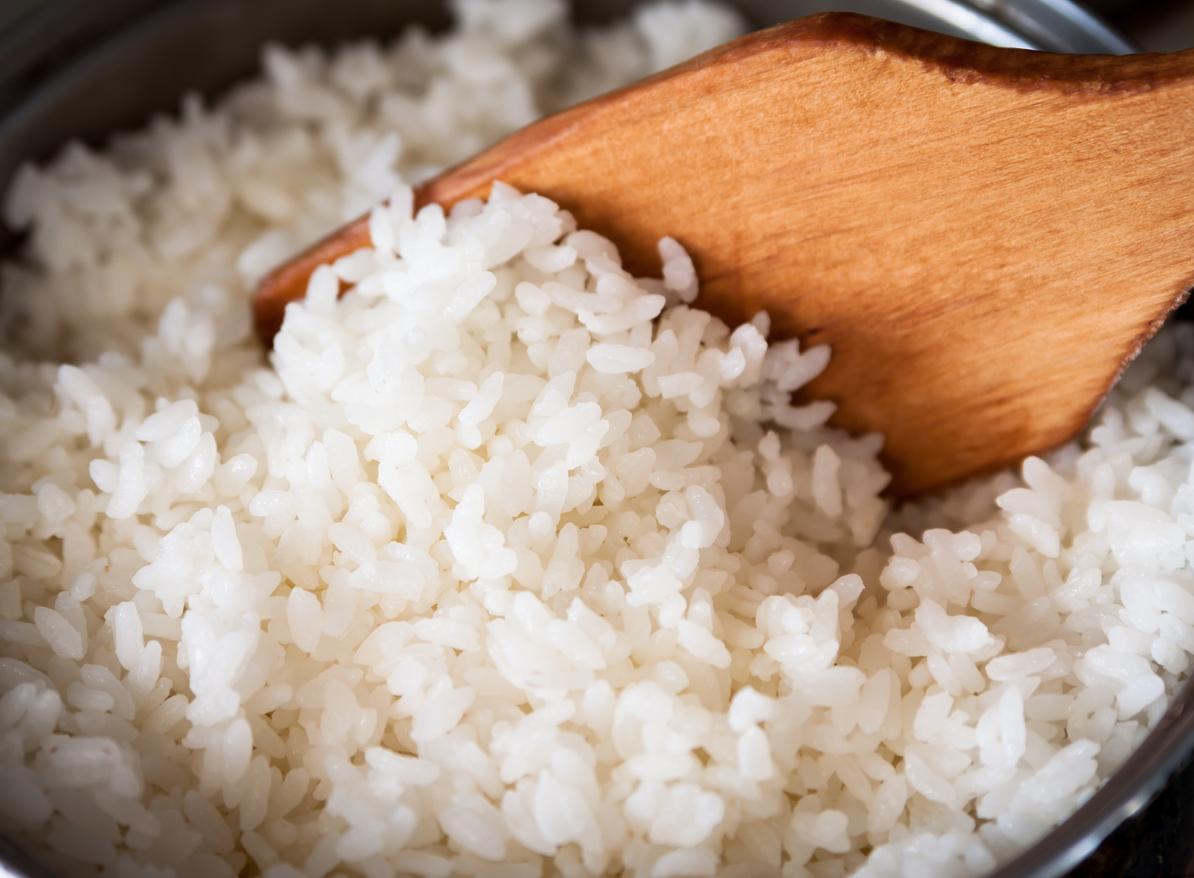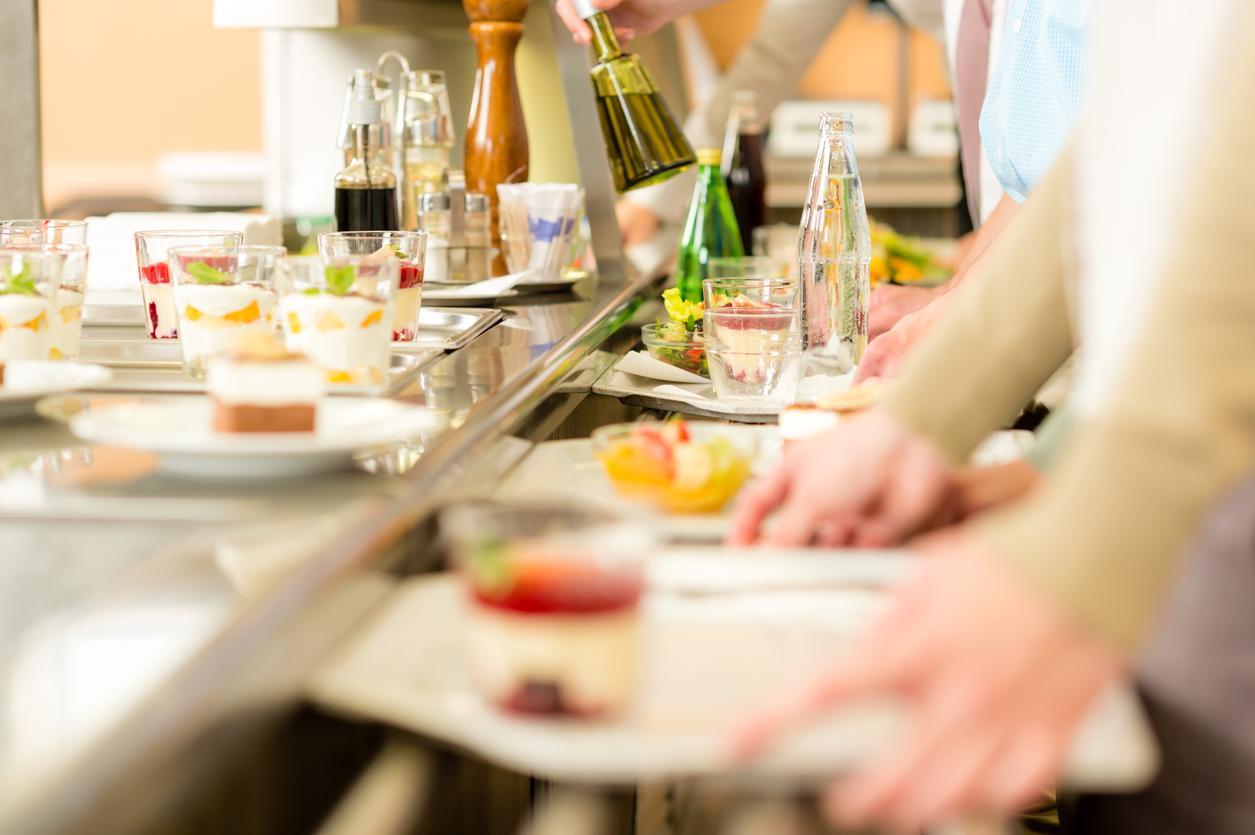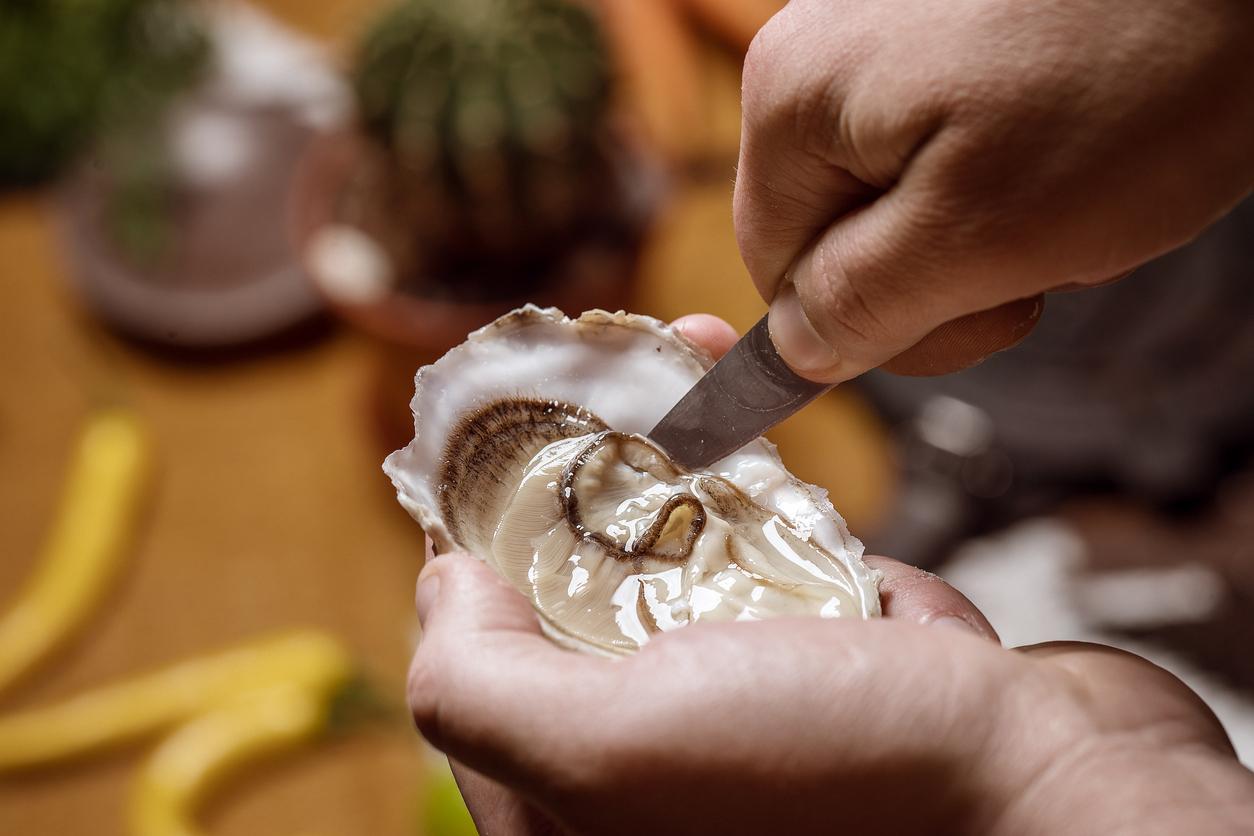Australian researchers have discovered in Nem Chua, a Vietnamese preparation made from fermented raw pork, a bactericidal compound that could help keep food fresh naturally.

- Although made from fermented raw pork, Vietnamese Nem Chua does not cause food poisoning. The researchers therefore studied its composition.
- They discovered that they contained a bactericidal compound that is safe for humans but destroys pathogenic bacteria.
- Natural and highly resistant, this compound could be used as a preservative in the food industry, but also as an antibiotic in medicine.
A traditional Vietnamese snack as an alternative to artificial food preservatives? This is the astonishing discovery that researchers from RMIT University in Melbourne, Australia have just made. In a study published in the journal Process Biochemistry, they explain having discovered in Nem Chua, a preparation made from fermented raw pork, an antibacterial compound. Called plantacycline B21AG, it is safe for humans and would naturally preserve food. This could not only solve the problem of food waste, but also prevent foodborne diseases such as listeriosis or salmonellosis.
A bactericidal compound that is safe for humans
By studying the composition of Nem Chua, researchers have succeeded in developing a safe and all-natural food preservative. To do this, they studied the ideal growth conditions for the industrial production of this antibacterial compound.
“Scientists have known about these bacteria-killing compounds for many years, but the challenge is to produce them in sufficient quantities to be used by the food industry”explains Prof Oliver Jones, associate dean of biosciences and food technology at RMIT, and lead author of the study.
Nem Chua is a raw pork snack. Yet, when prepared correctly, it does not cause food poisoning, despite the Vietnamese climate being hot and humid. This is because friendly bacteria growing in fermented meat produce a special compound that destroys more dangerous bacteria. Called plantacycline B21AG, this compound is one of the bacteriocins, which are produced by bacteria to destroy rival bacterial strains.
Bacteriocins form holes in the membranes of target bacteria. The contents of the cell then escape, which has the effect of killing the bacteria. However, most of these bacteriocins only work against one or two types of bacteria. They are also unstable under different environmental conditions.
Only one of them – Nisin, marketed in the 1960s – is currently authorized as a food preservative. But this compound is sensitive to temperature and pH, which limits its use.
A stable and very resistant compound
The compound derived from Nem Chua is more robust than Nisin and is effective against a wide range of bacteria, even after exposure to a range of typical food processing environments. The researchers found that it can survive heating at 90°C for 20 minutes and remains stable at high and low pH levels.
The compound can also destroy a range of disease-causing organisms commonly found in food, including the potentially deadly Listeria, which can survive refrigeration and even freezing.
“Using bacteriocins as food preservatives means we turn the toxic weapons of bacteria against them – harnessing nature’s clever solutions to our big challenges”, underlines Dr. Elvina Parlindungan, co-principal investigator of the work. According to her, these compounds could also “be useful as an antibiotic in human medicine”.
The researchers are now continuing their experiments. They want to develop methods to further purify the compound and plan to incorporate it into tested food products.

.














